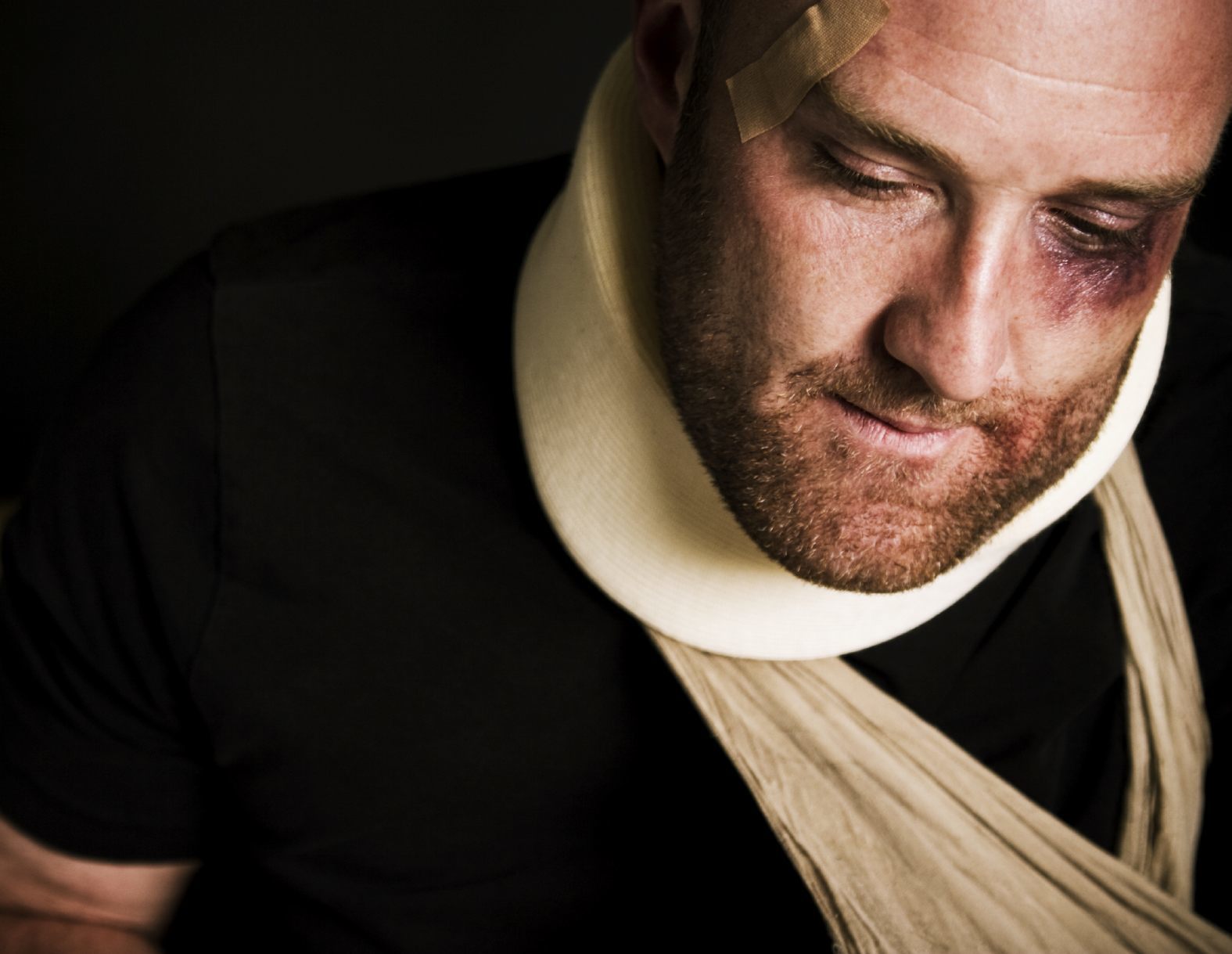Many of England’s accident and emergency wards are buckling under the strain of an “unprecedented” level of patients according to the latest NHS figures.
The situation is so bad in some hospitals, they have declared major incidents and closed their doors to all but the most urgent of cases and operations. At other hospitals, patients have been told there is standing room only and waits for medical staff are so extreme in some areas that patients have been there for over four hours before being seen.
Scarborough hospital, the Royal Stoke hospital, Gloucestershire Royal hospital, Cheltenham General hospital and Norfolk and Norwich hospital have all activated their major incident status which is usually reserved for terror attacks or serious accidents. Several other hospitals have been operating at black alert status where patients are asked not to attend unless extremely poorly.
NHS experts have blamed the crisis on people facing extreme difficulty getting an appointment to see their GP, and for doctors not being in charge of out-of-hours care. Patients are finding they have no choice but to go to their local casualty department to seek treatment. And the problem was compounded over the Christmas break as doctors’ surgeries were closed as well as older patients with more complex needs not being able to access their GPs.
Reports at the hospitals concerned include patients having to wait for more than six hours for a suspected case of appendicitis, patients removing tubes and cannulas as well as queues of ambulances waiting to drop off patients. Those whose injuries were not seen as life threatening were made to wait in the ambulance for up to two hours or on trollies inside the hospital as no beds were available.
The situation is so bad that beds were made available from other parts of the hospital and meals were missed as “visibly stressed” staff were unable to keep track properly.
Jules Acton, director of engagement and membership at National Voices, said the cause of the issues at these hospitals needed to be addressed.
“Patients deserve better care and this means addressing the causes of overcrowded hospitals.
“It means developing much better, much more ‘person centred’ care in the community, particularly for older people and those with long term conditions – this is what people want and need and it will help take pressure off the emergency system.”
There has been at least one reported death caused directly by the crisis where a 76 year old woman died on Boxing Day after an ambulance failed to turn up to transfer her to another hospital, and the “utter panic” experienced at the hospital in south Wales.
Cuts to social services departments have been blamed for the issues in some parts of the country despite the Government releasing £700m to relieve the strain over the festive period.
If you or a member of your family has suffered medical negligence to you detriment, and you’d like to know your legal options, we can help. Visit our dedicated website www.medicalnegligence-solicitors.com or call us on 0800 999 1875 for help and advice.
